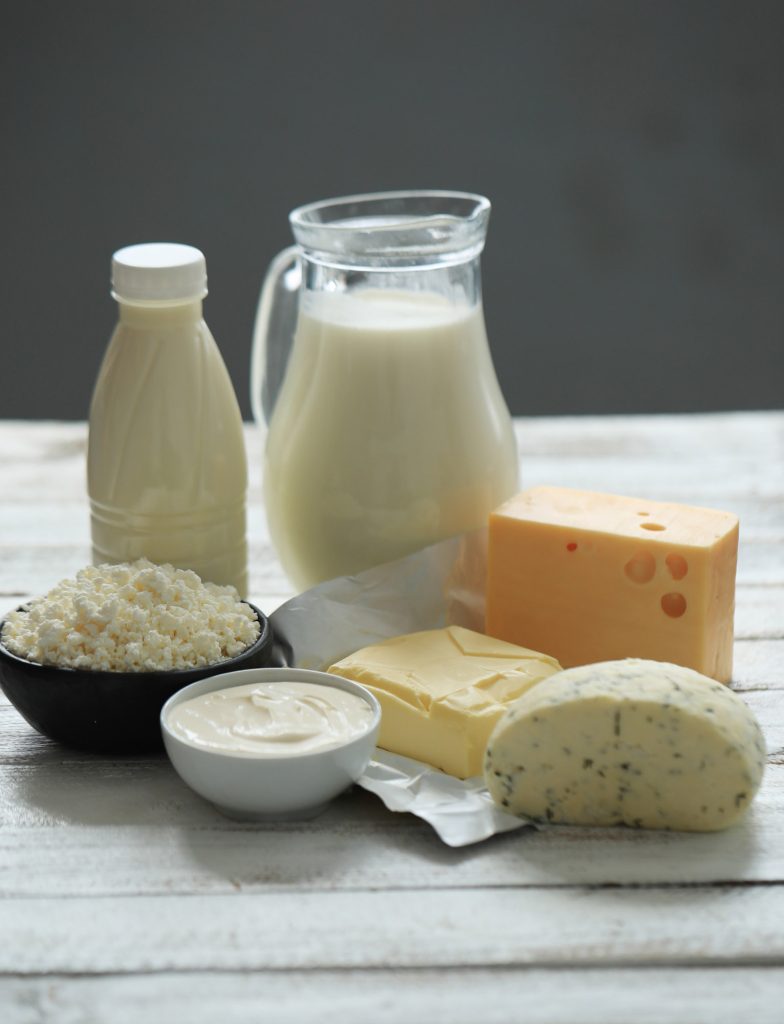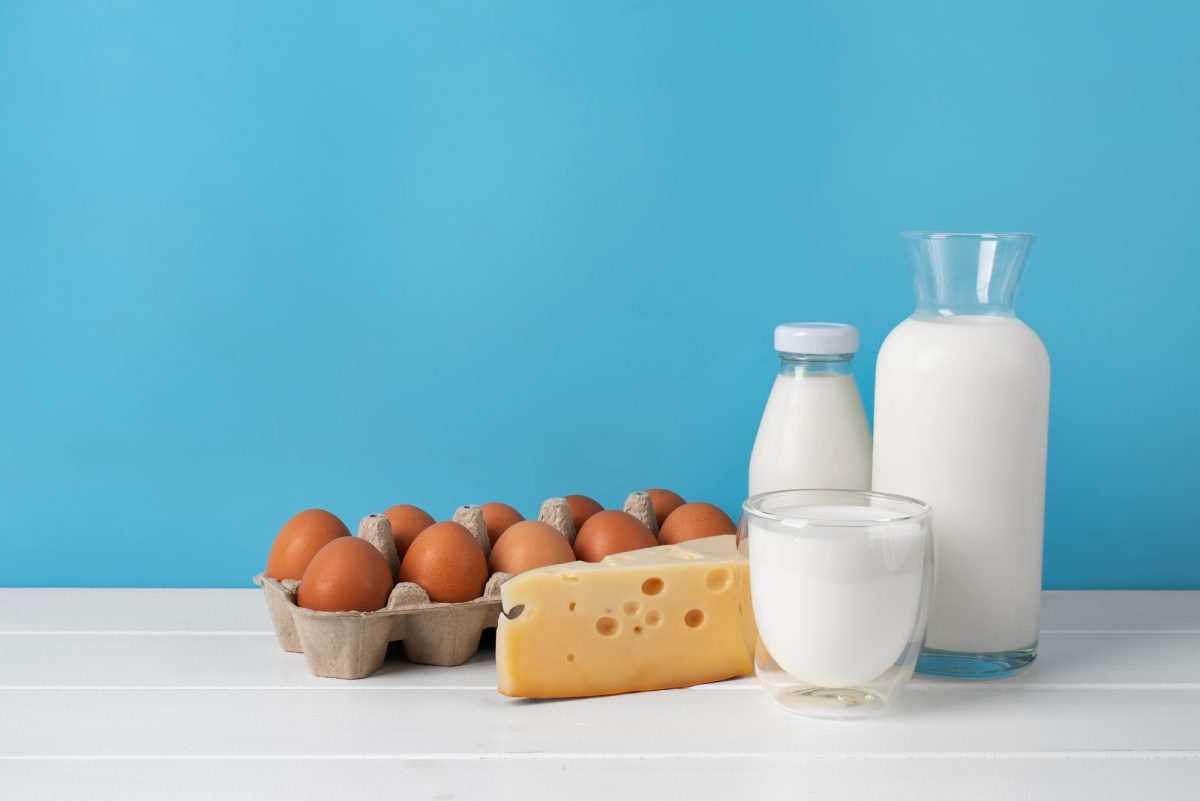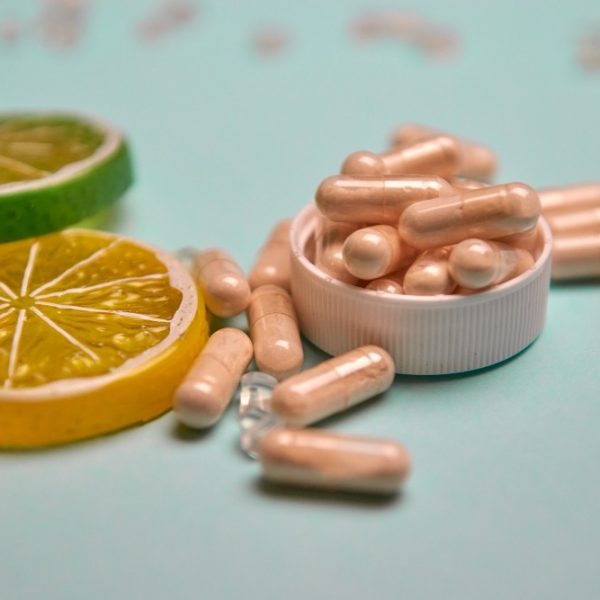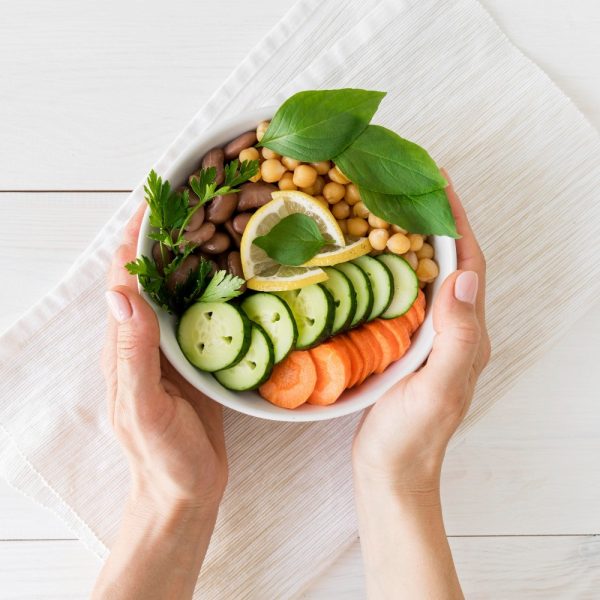Calcium is one of the most essential minerals that our body needs to function properly. It plays a crucial role in maintaining strong bones and teeth, healthy muscles, and proper nerve function.
Unfortunately, calcium deficiency is quite common in India, and it can lead to several health issues such as osteoporosis, weak bones, and teeth, muscle cramps, and even heart problems. In this blog, we will explore the importance of calcium for Indians and how to not be deficient in it.
Why is Calcium important for Indians?
India is a country where people rely heavily on vegetarian diets. While vegetarianism has many benefits, it can also lead to calcium deficiency. Calcium is mainly found in dairy products, seafood, and meat, which are not commonly consumed by vegetarians. Hence, Indians must pay extra attention to their calcium intake to avoid any health issues.
Calcium is necessary for the formation and maintenance of strong bones and teeth. It is also essential for proper muscle function and healthy nerves. Calcium helps the blood vessels to expand and contract, making it crucial for regulating blood pressure. It also plays a vital role in blood clotting, enzyme function, and hormone secretion. Overall, calcium is a mineral that is essential for the proper functioning of our body.
How much Calcium do Indians need?
The daily recommended intake of calcium for Indians varies depending on age, sex, and other factors. Here are some general guidelines:
Infants (0-12 months): 200-260 mg/day
Children (1-8 years): 600-1000 mg/day
Teenagers (9-18 years): 1300 mg/day
Adults (19-50 years): 1000 mg/day
Adults (51 years and above): 1200 mg/day
It is essential to note that these are general guidelines, and the actual amount of calcium you need may vary based on your lifestyle, diet, and health conditions. Therefore, it is always best to consult a healthcare professional to determine your daily calcium requirements.

How to not be deficient in Calcium?
- Consume Calcium-rich foods
The most natural way to get calcium is through your diet. Dairy products such as milk, cheese, and yoghurt are excellent sources of calcium. However, if you are lactose intolerant or vegan, you can opt for non-dairy sources of calcium such as leafy green vegetables (spinach, kale, collard greens), soy products, nuts and seeds (almonds, sesame seeds), and fortified foods (orange juice, tofu).
- Get enough Vitamin D
Vitamin D is essential for the absorption of calcium in our body. Unfortunately, many Indians are deficient in Vitamin D as well. You can get Vitamin D naturally by exposing your skin to sunlight for 15-20 minutes daily. However, if you live in a place where sunlight is scarce, you can opt for Vitamin D supplements or foods fortified with Vitamin D.
- Limit caffeine and soda intake
Caffeine and soda contain phosphates that can interfere with calcium absorption in our bodies. Therefore, it is best to limit your intake of these beverages. Instead, opt for healthier alternatives such as herbal tea, fresh fruit juices, or coconut water.
- Exercise regularly
Regular exercise is essential for maintaining healthy bones and muscles. Weight-bearing exercises such as walking, running, and dancing help stimulate the bones to produce more calcium, making them stronger. Moreover, exercise can also help maintain a healthy body weight, which is essential for bone health.
- Take calcium supplements
If you are unable to meet your daily calcium requirements through diet alone, you can opt for calcium supplements. However, it is essential to consult a healthcare professional before taking any supplements. Taking too much calcium can lead to health issues such as kidney stones and cardiovascular problems. Therefore, it is crucial to determine your daily calcium requirements and choose a supplement that meets your needs.
- Don’t smoke or drink excessively
Smoking and excessive alcohol consumption can lead to calcium deficiency. Smoking decreases bone density and can increase the risk of fractures. Alcohol interferes with calcium absorption in the body, making it difficult to maintain healthy bones. Therefore, it is essential to quit smoking and limit alcohol consumption to maintain healthy bones.
Takeaway
Calcium is a vital mineral that is essential for our body to function correctly. Calcium deficiency is prevalent in India, primarily due to the vegetarian diet, and can lead to several health issues. Therefore, it is crucial to pay attention to your calcium intake and ensure that you are meeting your daily requirements.
You can achieve this by consuming calcium-rich foods, getting enough Vitamin D, limiting caffeine and soda intake, exercising regularly, and taking calcium supplements if necessary. By following these simple tips, you can maintain healthy bones and overall health.





















Share this article